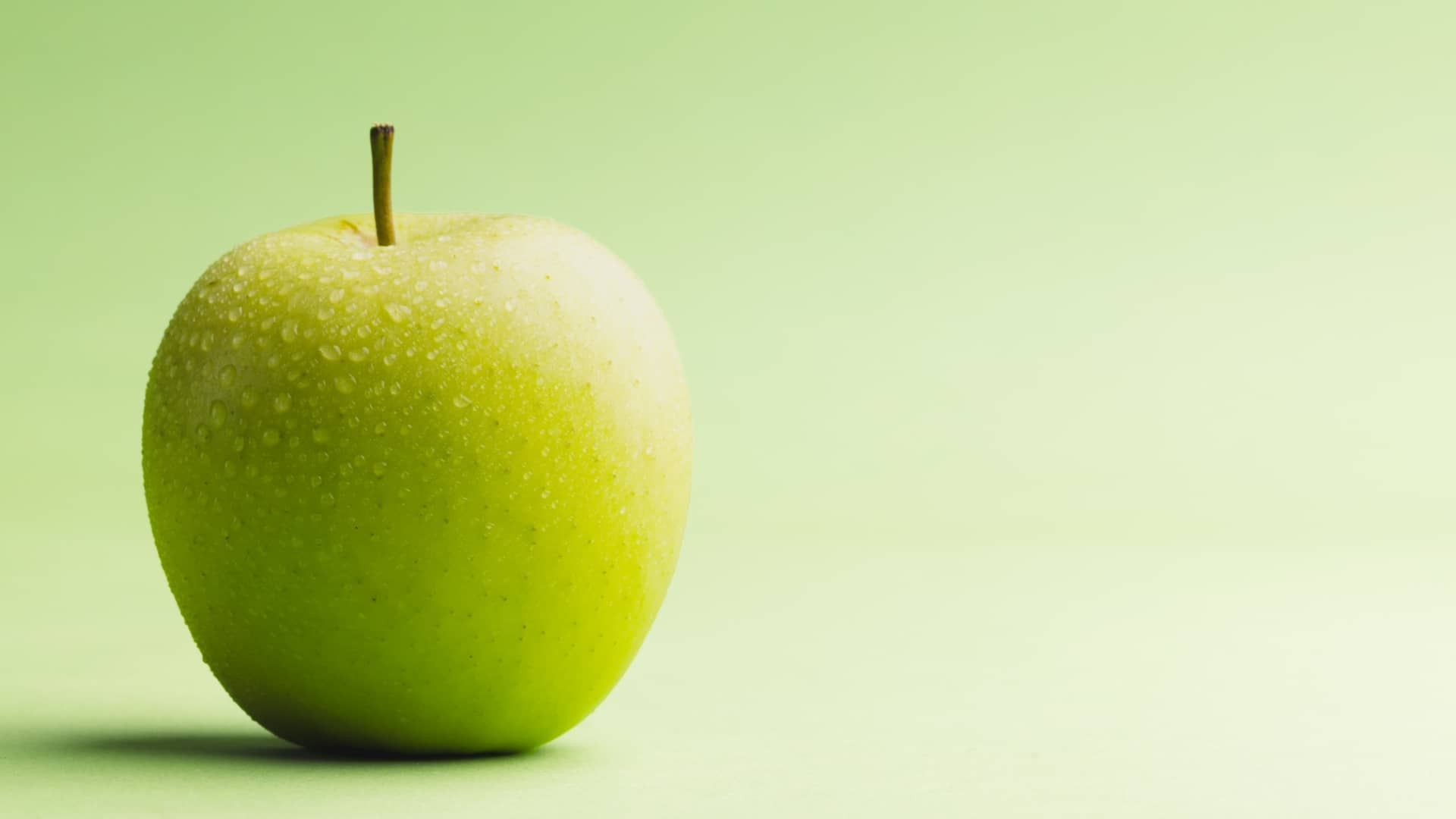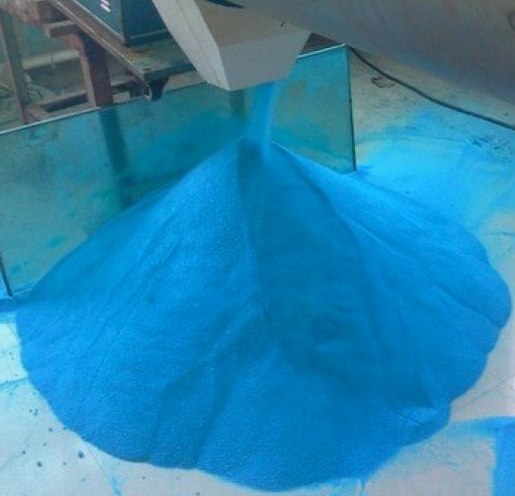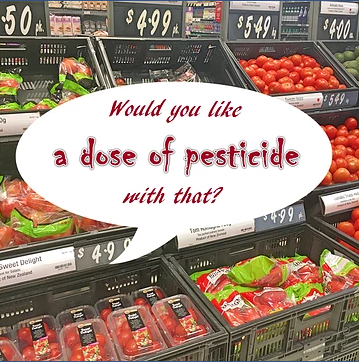Organic vs Conventional
May 2021

This article’s going to cost me some skin will when I say that there’s no proof organic food is better for you than that grown conventionally… at least I can’t find it when researching the ‘Organic vs Conventional’ debate. Everything I read say things like… may include less pesticides, may be more nutritious, may be more flavoursome. Nobody provides any proof – google it.
When talking of conventional methods all the chat is around pesticides but what about copper usage in organic production? – it’s been used for 150 years as a pesticide in everything from wine to veges, flowers, fruit and pastures, you name it, yet it’s one of the more toxic of all sprays, is classified as a heavy metal, can build up in the soils, kills bees and is very hard on the environment.
The Genetic Literacy Project is a nonpartisan not for profit established to aid media and policy makers challenge misinformation in farm production (amongst other things) based on science not ideology. Last year they wrote a paper that stated:
- many groups try to convince us that organic farming equates to “pesticide free” farming – not true
- organic food is produced with copper spray pesticides, a “natural chemical”, produced in a factory (it’s that blue stuff underneath)
- copper is a very persistent heavy metal, it too can be found as a residue in the food, it builds up in the soil and kills bees and other beneficial insects copper toxicity is a well known “health challenge”
- yet 95% of consumers n the UK buy organic produce to get away from pesticides
- we’ve been led to believe that because it’s a “natural chemical” it’s okay however there are safer synthetic alternatives used by conventional growers.
Some years ago I spoke with Mike Butcher, the NZ scientist responsible for the IFP programme governing spray usage in pipfruit. He said that if you take a grain of salt and throw it in an olympic sized swimming pool, you’ve got more chance of detecting the salt than spray residue in a NZ apple. Point being that both NZ and AU have very stringent independent standards governing the use of sprays that are acknowledged the world over.
Now I’m not here to take on the entire ‘Organic vs Conventional’ debate, but I just thought you may like to think on this when you’re considering paying twice as much for that organic lettuce at the checkout.






